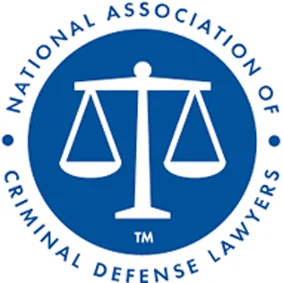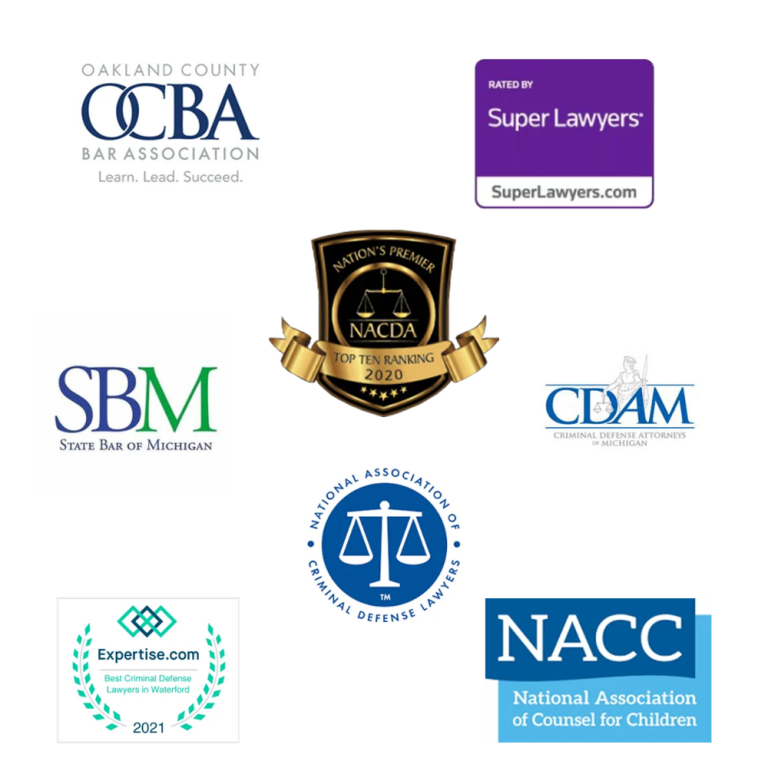Determining felonious sexual assault among teens
On Behalf of Kirsch Daskas Law Group | Jul 20, 2020 | Sexual assault |
The common school of thought that many in Bloomfield Hills may adhere to is that sound judgment will all but guarantee that one never has to face an accusation of sexual assault. Yet everyone is subject to lapses in judgment. This is especially true of teens (whose lack of life experience may force them into potentially harmful situations that a more mature person might avoid).
For this reason, it falls to the parents of teens to help them both understand how to avoid potentially troublesome situations and to respond to allegations that they may have acted unlawfully.
Defending teens from sexual assault charges
The phrase “sexual assault” may seem to be very cut-and-dry in that there always has to be an apparent sense of criminal intent present. Yet that may not always be the case. Indeed, even a teen can face a high-level felony sexual assault charge in certain situations. Per Section 750.520b of Michigan’s Compiled Laws, any sexual contact with an alleged victim under the age of 13 may qualify as first-degree sexual assault. The same is true if the supposed victim is between the ages of 13 and 16 and the accused perpetrator is in a position of authority over the victim.
Cases where an alleged perpetrator works with the person accusing them of sexual assault may qualify as a felony under this criteria. One important element that must exist in such a case, however, is evidence that the perpetrator used whatever workplace authority they held over the victim to coerce them into a sexual encounter.
Determining consent
A teen might think that even if such an encounter occurs, nothing can come from it if there was consent. Most think a lack of resistance by their partner qualifies as consent. Yet Michigan law states that resistance need not be present to disqualify an act as assault.

